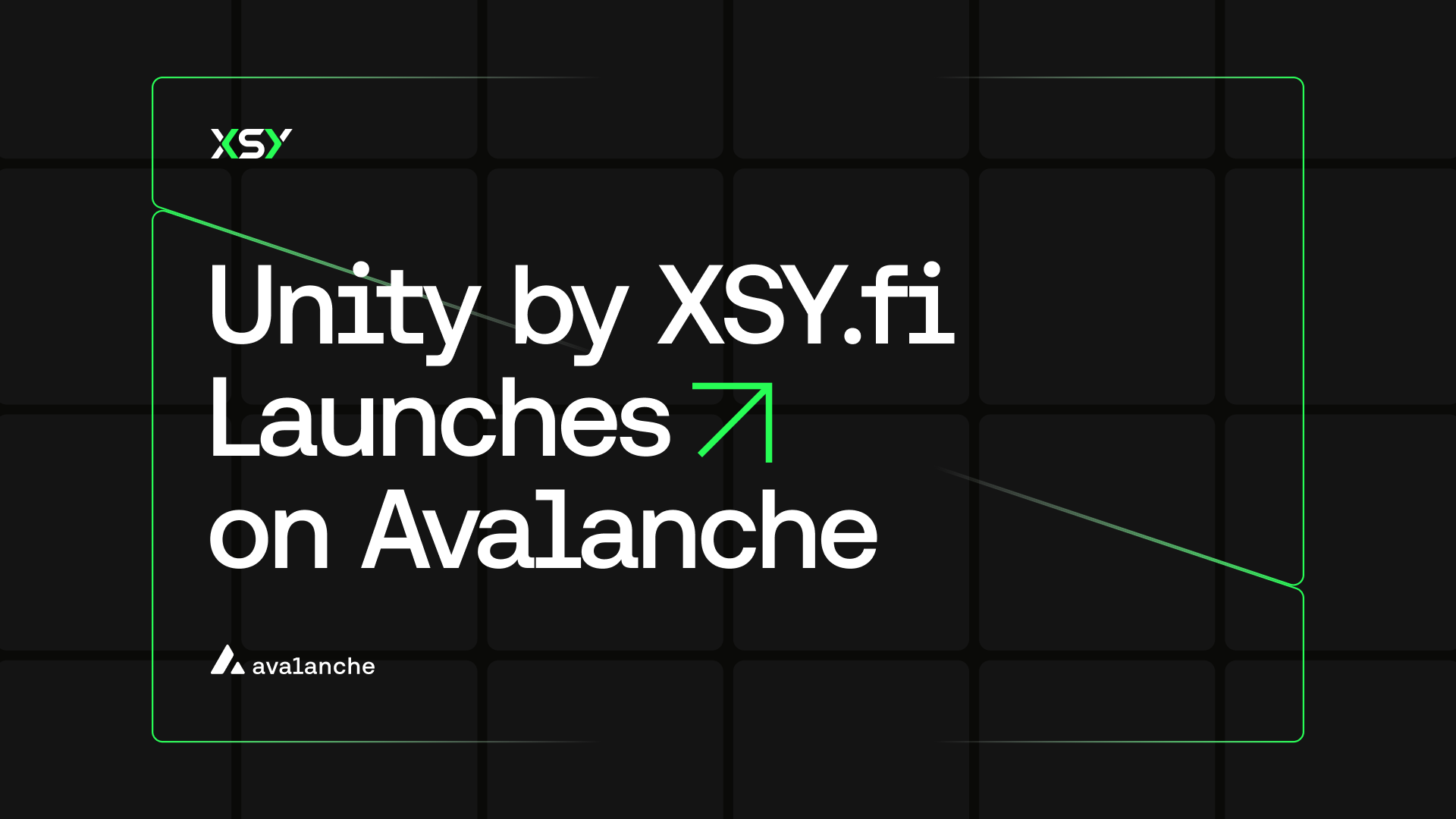Builder Spotlight: The Lemonade Foundation and Insuring Smallholder Farmers with Avalanche

This fall, Eunice Jesang insured her whole maize crop for $.83. Eunice is a farmer in Kenya. She plants, tends her crop, and harvests when the time comes. She relies on the harvest for income, so spending $.83 to secure payment for her entire crop in the event of a climate-driven catastrophe provides financial protection that wasn’t there before. What makes it possible now? An insurance-like application built by the Lemonade Crypto Climate Coalition on Avalanche.
“This insurance product is built end-to-end on blockchain,” explained Roy Confino, head of strategy and operations at Lemonade. “It utilizes strategies that would be impossible with regular technology, with regular financial instruments. I don’t think it’s comparable to anything in the insurance space.”
The app is simple. Farmers get a quote on their phone. They pay, creating a policy. If weather conditions are bad and crops fail, farmers receive a sum.
Already, some 7,000 Kenyan farmers have obtained crop insurance through the program. Its protection comes at a time when farmers like Eunice Jesang are increasingly at risk due to the stronger, more erratic storms of climate change.
When crops fail, payment is automatic. No need to file claims.
“Just because it’s on-chain doesn’t mean it’s complicated,” Roy said.
The Lemonade Crypto Climate Coalition brings these principles to its Avalanche-powered initiative in Kenya with industry-leading partners. With expertise in their respective fields, Chainlink and DAOstack are also contributing on the blockchain end, while Lemonade, Etherisc, Hannover Re, and Pula are building highly accurate, fully automated crop insurance models — all working together to solve the challenges we know today.
The initiative was announced in March 2022 and initially funded primarily by The Lemonade Foundation, the nonprofit founded by digital insurance company Lemonade to effect exponential social and environmental impact through technology.
For the initiative, Roy and his team devised a program that uses Avalanche and on-chain infrastructure like Chainlink oracles to solve a problem that was previously deemed unsolvable.
“In Kenya, less than 3% of people have insurance,” Roy said. “Farmers basically bear the risk alone. With blockchain, we can provide a platform to help pool that risk, and the right tool to do that is insurance.”
Before blockchain, the obstacle was cost. With traditional insurance and its tangle of brokers and agents, insuring small farmers where premiums are less than $10 a year doesn’t make financial sense. But with the Lemonade Crypto Climate Coalition offering policies at-cost and with the speed, reliability, and low fees of Avalanche, small-but-mighty policies become possible.
Even behind the curtain, the technical picture is simple. Money for the policies is held as stablecoins on Avalanche. Once certain weather or crop conditions occur, Chainlink oracles send this data on-chain to the application’s smart contracts, prompting instant payouts.

“We use what’s called the area yield index,” Roy said. “We take a segment of land, and let’s say 1,000 farms are on the land. We sample five. If those farms usually grow 3 tons of maize per hectare but they end up growing less than 2 tons, we pay all the farms.”
Roy notes that the coalition deployed on Avalanche for three reasons. First, Avalanche is an eco-friendly protocol, and one of its primary developers, Ava Labs, purchases carbon credits to offset its minimal carbon footprint. Second, Avalanche consistently achieves low transaction fees, a necessity for small policies. Third, Avalanche is compatible with existing infrastructure, making it familiar to builders.
“Building on Avalanche was seamless,” Roy said.
The Lemonade Crypto Climate Coalition’s first initiative provides an example of crypto’s transformative real-world potential. “I believe that over time more and more financial products will either move or have corollaries in and on the blockchain,” Roy says. “I think that this is one of the first projects to do that, but I believe that there will be many more.”
That he has helped develop the program means a lot to Roy. He lived in Kenya during his early teenage years. “I saw poverty day to day,” he recalled. “I saw subsistence farmers. It’s something that I’m very fortunate to be able to come full circle and help the communities I grew up with.”
In Africa alone, there are hundreds of millions of subsistence farmers. Roy notes that the project’s Kenya phase might be the first step, a proof of concept that could be broadened. In other words, the pioneering policies that Avalanche is now unlocking might just be the beginning.
This post is based on materials provided by The Lemonade Foundation. For more information, visit The Lemonade Foundation’s website. Also, please read this important notice.
About The Lemonade Foundation
The Lemonade Foundation is a nonprofit organized under IRC section 501(c)(4). The foundation was founded by Daniel Schreiber and Shai Wininger and funded by Lemonade shareholders prior to the company’s IPO. The Lemonade Foundation is an independent legal entity, and is not owned or controlled by Lemonade, Inc. or its shareholders. Lemonade’s founders currently serve as directors in the foundation.
More information can be found at www.lemonade.org.
About Avalanche
Avalanche is a smart contracts platform built to scale infinitely and finalize transactions in under a second. Its revolutionary consensus protocol and novel Subnets enable Web3 developers to easily launch highly-scalable solutions. Deploy on the EVM, or use your own custom VM. Build anything you want, any way you want, on the eco-friendly blockchain designed for Web3 devs.
Website | Whitepapers | Twitter | Discord | GitHub | Documentation | Forum | Telegram | Facebook | LinkedIn | Reddit | YouTube














.png)









_Title%20Light%20(2).png)







.png)


Purple.png)





_Blog.png)





%20Announcement.png)







.jpg)



.png)














.png)














.png)








